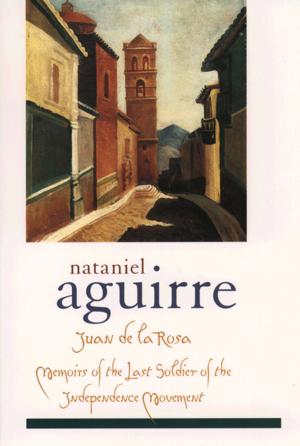The King and the Land
A Geography of Royal Power in the Biblical World
Nonfiction, Religion & Spirituality, Bible & Bible Studies, Old Testament, Criticism & Interpretation| Author: | Stephen C. Russell | ISBN: | 9780190630027 |
| Publisher: | Oxford University Press | Publication: | October 3, 2016 |
| Imprint: | Oxford University Press | Language: | English |
| Author: | Stephen C. Russell |
| ISBN: | 9780190630027 |
| Publisher: | Oxford University Press |
| Publication: | October 3, 2016 |
| Imprint: | Oxford University Press |
| Language: | English |
The King and the Land offers an innovative history of space and power in the biblical world. Stephen C. Russell shows how the monarchies in ancient Israel and Judah asserted their power over strategically important spaces such as privately-held lands, religious buildings, collectively-governed towns, and urban water systems. Among the case studies examined are Solomon's use of foreign architecture, David's dedication of land to Yahweh, Jehu's decommissioning of Baal's temple, Absalom's navigation of the collective politics of Levantine towns, and Hezekiah's reshaping of the tunnels that supplied Jerusalem with water. By treating the full range of archaeological and textual evidence available for the Iron Age Levant, this book sets Israelite and Judahite royal and tribal politics within broader patterns of ancient Near Eastern spatial power. The book's historical investigation also enables fresh literary readings of the individual texts that anchor its thesis.
The King and the Land offers an innovative history of space and power in the biblical world. Stephen C. Russell shows how the monarchies in ancient Israel and Judah asserted their power over strategically important spaces such as privately-held lands, religious buildings, collectively-governed towns, and urban water systems. Among the case studies examined are Solomon's use of foreign architecture, David's dedication of land to Yahweh, Jehu's decommissioning of Baal's temple, Absalom's navigation of the collective politics of Levantine towns, and Hezekiah's reshaping of the tunnels that supplied Jerusalem with water. By treating the full range of archaeological and textual evidence available for the Iron Age Levant, this book sets Israelite and Judahite royal and tribal politics within broader patterns of ancient Near Eastern spatial power. The book's historical investigation also enables fresh literary readings of the individual texts that anchor its thesis.















